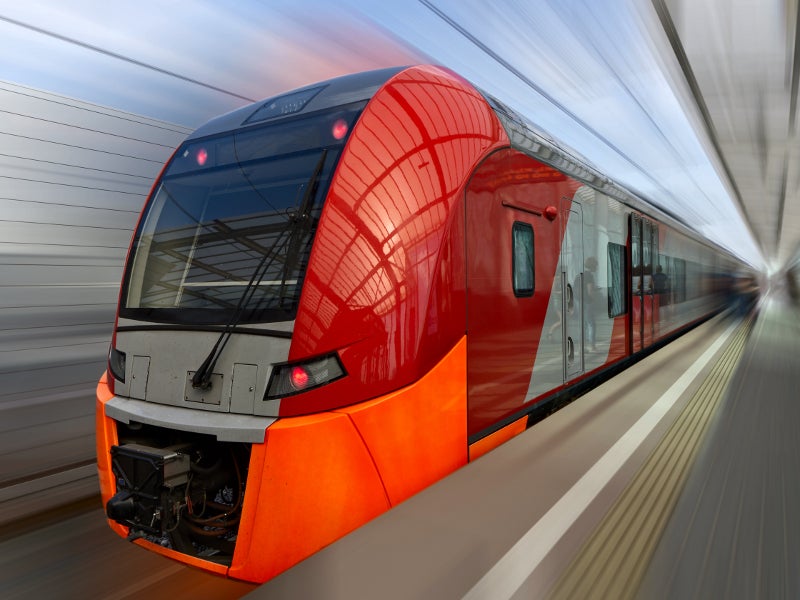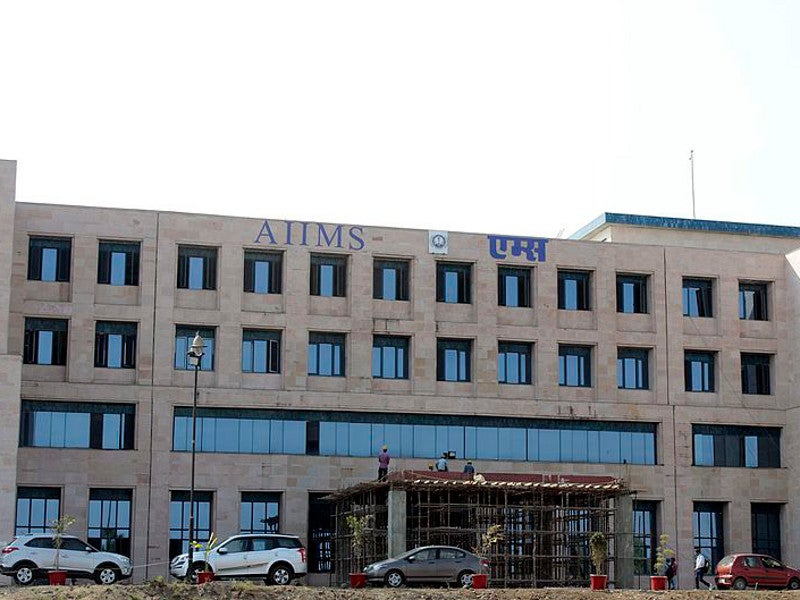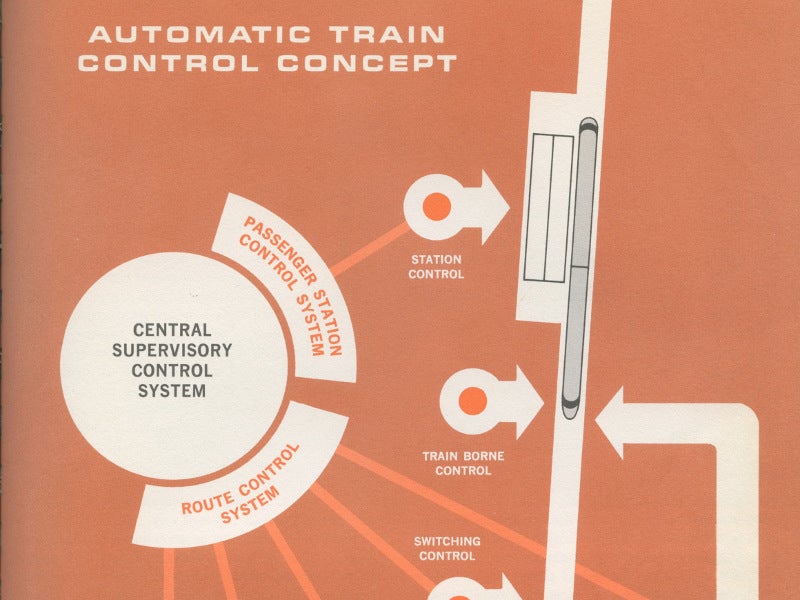Bhopal Metro rail project is a mass rapid transit system (MRTS) being developed in the city of Bhopal, Madhya Pradesh, India, at an estimated cost of Rs69.41bn ($945m).
The Government of Madhya Pradesh formed a special-purpose entity Madhya Pradesh Metro Rail Corporation (MPMRCL) to implement the metro rail project.
Bhopal Metro will offer affordable and reliable transportation in Bhopal while reducing pollution and travel time.
In October 2018, the Union Cabinet approved two corridors for the project, which are expected to be completed in four years.
Bhopal Metro rail project route details
Bhopal Metro rail project will include a total of six lines in a phased development. Phase one has already been approved.
The phase one will involve two corridors with a combined length of 27.87km. The first corridor will be approximately 15km-long and connect Karond Circle to AIIMS (Line 2 or Purple Line). The second 12.88km-long corridor will connect Bhadbhada Square to Ratnagiri Tiraha (Line 5 or Red Line).
Line 2 will be mostly elevated apart from the Bhopal railway station and bus station, where it will be partially underground. The second corridor will feature a total of 16 stations, including 14 elevated and two underground.
The first corridor will connect Karond Circle, Krishi Upaj Mandi, DIG Bungalow, Sindhi Colony, Nandra Bus Stop, Railway Station, Aishbag Crossing, Pul Bogda, Subhash Nagar Underpass, Kendriya Vidyalaya, DB City Mall, Sargam Cinema, HBJ Station, Habibganj Naka, Alkapuri Bus Stand, and AIIMS.
The second corridor will connect Bhadbhada Square, Depot Square, Jawahar Chowk, Roshanpura Square, Minto Hall, Lily Talkies, Pul Bogda, Prabhat Square, Govindpura, Govindpura Industrial Area, JK Road, Indrapuri, Piplani, and Ratnagiri Tiraha.
The two lines will share a concourse at Pul Bogda station, which will act as a connecting station.
Proposed lines include Bairagarh to Awadhpuri (Line 1), Airport to Vasant Kunj (Line 3A) and Bhauri Bypass to Vasant Kunj (Line 3B). Line 4 will extend from Ashoka Garden to Mother Theresa School. Line 6 will connect Mandideep to Habibganj Station.
Metro stations will be accessible for all users, featuring elevators and escalators.
A common central depot will be built near Subhash Nagar Underpass for the Purple and Red Lines. The depot will have facilities for stabling, inspection and vehicle maintenance.
Stations will feature flap gates to provide entry into the paid area of the concourse.
An automatic fare control system with machine facility, two ticket vending machines and two excess fare offices will provide ticketing services. Four add-value machines (AVMs) and ticket readers will be installed.
Bhopal Metro rail project technology
Bhopal Metro will be based on steel-wheel-technology and will run on standard gauge tracks of 1,435mm. It is expected to have a maximum operational speed of 90km.
The track will use driverless operating systems and will be equipped with advanced safety features. An automatic train control system will support driverless operation and automatic train supervision.
Accessibility and financing
Bhopal Metro corridors will be integrated with railway stations and bus stations, as well as a feeder network of buses, intermediate public transport (IPT), and non-motorised transport (NMT) to improve accessibility.
The Central and the Madhya Pradesh governments provided funding for the project on an equal equity basis. MPMRCL also proposes to secure loan from the European Investment Bank (EIB) for the project.
In addition to revenue from ticket fares, the project will also receive non-fare box revenue through rentals and advertisements. Other revenue sources include value capture financing (VCF) through a mechanism of transit-oriented development (TOD) and transfer of development rights (TDR).
Bhopal Metro contractors
A consortium of DB Engineering and Consulting, Louis Berger and Geodata Engineering were the general consultants for the project.
Rohit Associates Architects and Engineers prepared the preliminary project report of the metro. Dilip Buildcon (DBL) was contracted for the design and construction of a 6.22km-long elevated viaduct between AIIMS and Subhash Nagar.






